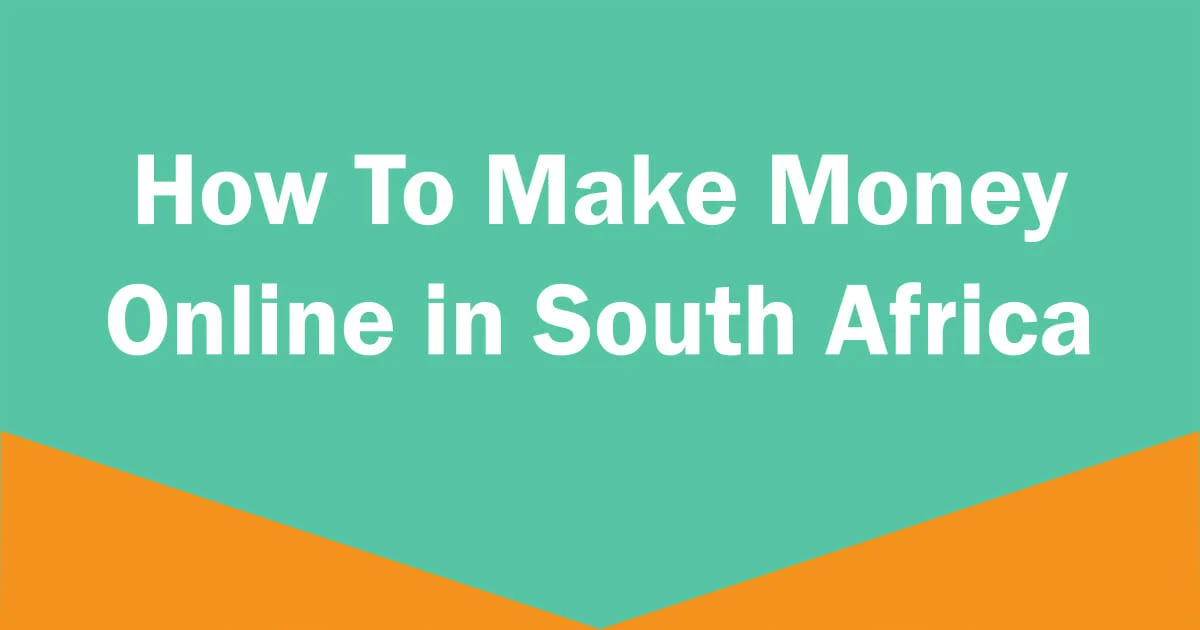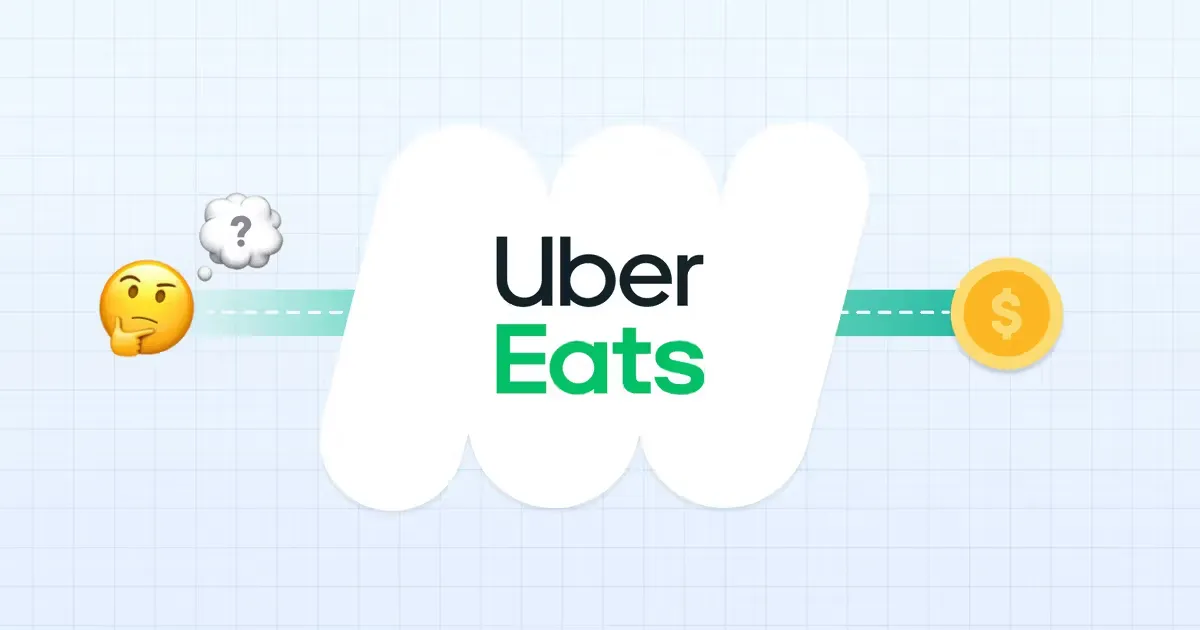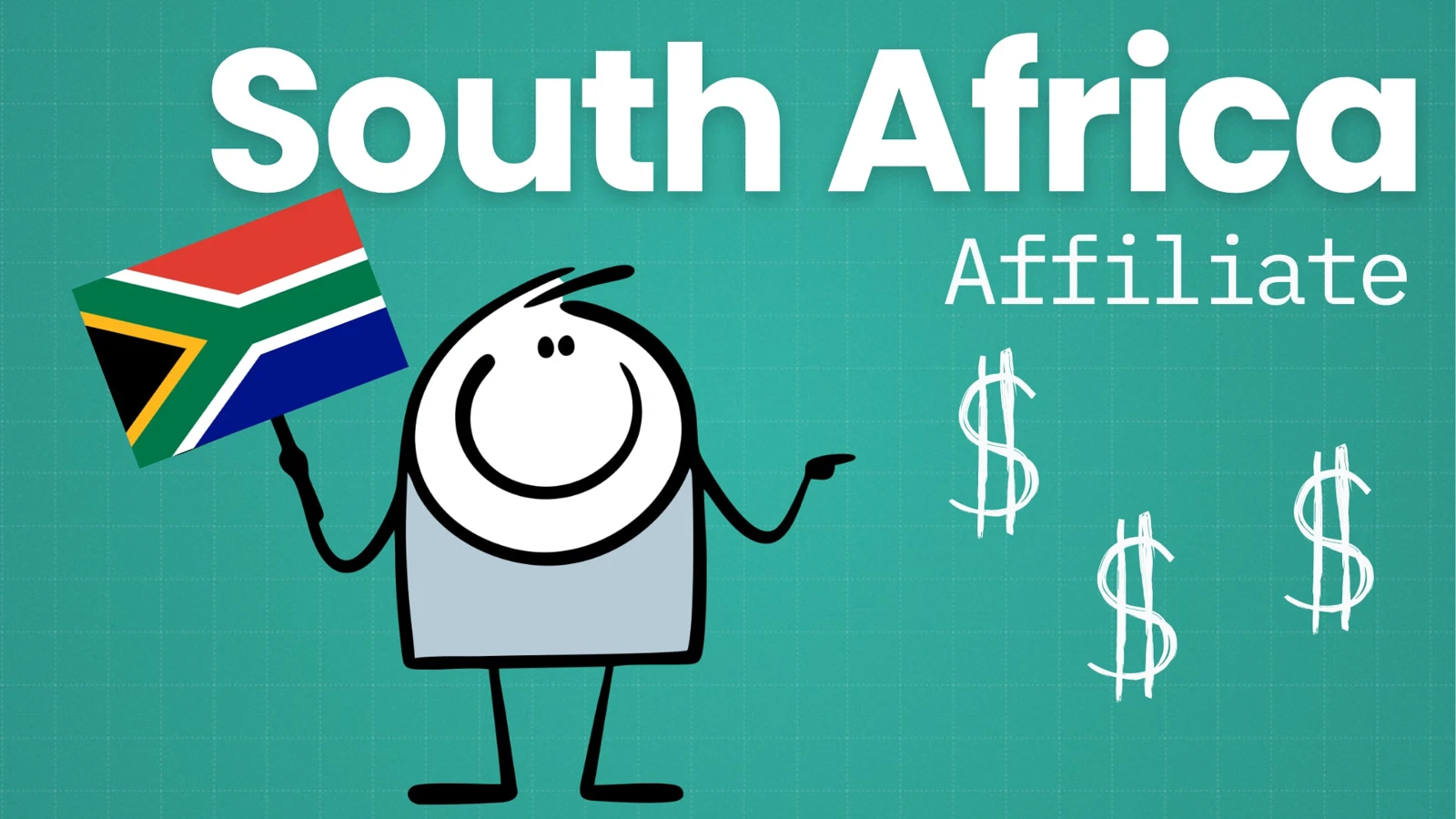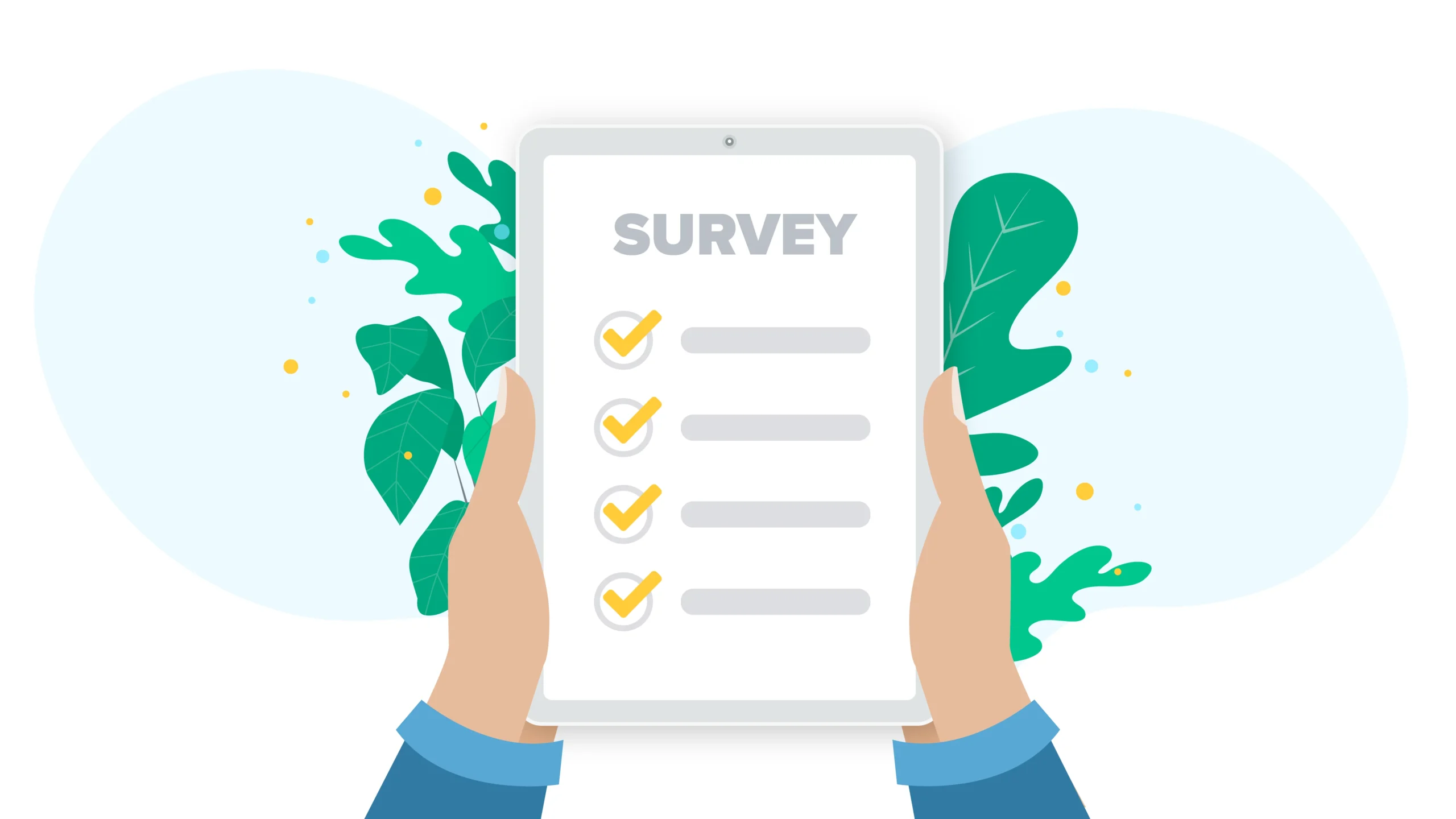How to Make Quick Cash in South Africa
Whether you’re facing an unexpected expense or simply want to boost your income, finding ways to make quick cash in South Africa is both realistic and achievable. While long-term financial planning is essential, sometimes you need immediate income—and there are several proven and accessible ways to earn money fast. In this comprehensive guide, we’ll explore










